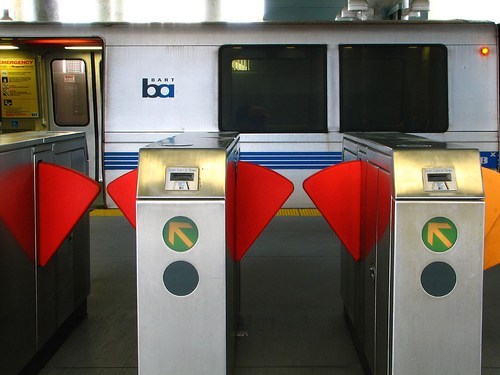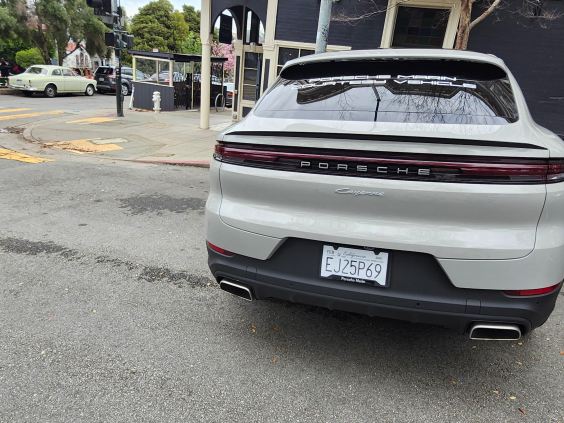Note: GJEL Accident Attorneys regularly sponsors coverage on Streetsblog San Francisco and Streetsblog California. Unless noted in the story, GJEL Accident Attorneys is not consulted for the content or editorial direction of the sponsored content.
BART General Manager Grace Crunican announced today that she will be seeking BART Board approval for a $28 million "comprehensive Safety and Security Action Plan." The plan contains a series of proposals, from adding police to accelerating efforts to crack down on fare evasion. It is intended to "boost the visible presence of police and employees in the system, enhance BART’s already robust network of surveillance cameras, increase public safety outreach, and more."
More from the BART release:
Starting today, Monday August 6, the BART Police Department is temporarily cancelling off days for all its officers. That means patrol officers, community service officers, and dispatchers are now working six ten-hour days a week. Patrol officers who work on their normal days off are required to ride trains throughout their shifts. Though this is a temporary measure, it immediately boosts the visible presence of law enforcement throughout the system.
The purpose of that more visible presence is to help calm fears. As U.C. Berkeley criminologist Franklin Zimring told Streetsblog after a murder on BART in 2016, people are more easily frightened by crime on public transit, even if statistically transit is still safer than driving an automobile. "The reason public transport violence is problematic is that users cannot avoid the risk, so each event is more frightening to a larger number of persons than crime in the streets," he told Streetsblog.
The Action Plan will go before the BART Board of Directors at its regular meeting on Thursday.
To recap what's behind these proposals, last month teenager Nia Wilson was stabbed to death in a seemingly random attack at MacArthur station. John Cowell, the suspect in Wilson's murder, was reportedly a violent felon who was on parole. He was cited for BART fare evasion in mid-July. In addition, Don Stevens, 47, was punched by a man at Bay Fair Station. Stevens fell, struck his head, and died. Gerald Bisbee, 51, died from an infected cut after being attacked at Pleasant Hill Station. And just this past weekend, there was another stabbing incident on BART.
Some have said the surge in violent crime on BART is a problem that goes beyond the transit agency itself--that it is about the failure of society to deal with psychiatric disorders (Cowell had a history of mental illness).
Crunican's proposal also includes a few things that are reminiscent of "broken windows" policing, the debatable theory that cracking down on minor offenses, such as littering or riding transit without paying a fare, can deter more serious crimes. The idea is that if a building has a few broken windows, and they aren't repaired, it encourages vandals to break more windows. Supporters accredit a drop in crime on New York's subway system in the early 1990s to that city's broken windows policies, which included a crackdown on graffiti, public urination, and littering. Crunican's proposal includes a "No panhandling ordinance within paid areas of BART," and she wants upgrades to cameras and fare gates. She also wants to add a second team of fare inspection agents to help "secure" the system.
Critics charge that the broken windows theory has led to abuses as racial minorities and people of lesser means are targetted by police while middle-class and affluent white people are given warnings or ignored for similar infractions. Indeed, a 2016 report by PBS' Frontline found that such practices can "strain criminal justice systems, burden impoverished people with fines for minor offenses, and fracture the relationship between police and minorities."
Such an uneven track record for broken windows policing should encourage BART to ensure equal enforcement of the law, and check in regularly through a formal review policy to make sure Crunican's proposal is having the desired result. However, the recent high profile attacks on BART and an ongoing issue with farebox recovery shows that BART does need to make some changes.






